Athletics at LHS can be very exciting, whether you’re sitting in the student section cheering on one of the school’s teams or actually playing on one, this school is well-versed in the topic of sports. But what of the sports not offered at the school, and what of the athletes in them? All throughout the hallowed halls of LHS walk exceptional athletes most probably don’t even know of. And while there are many more, here are three unique ones.
Skiing the Slopes
Ally Kunkel began skiing when she was just 3 years old, and when she was 7, she decided to try out for the Wilmot Mountain Ski Team, a racing team in Wisconsin.
“I’ve always loved skiing and I saw that there were tryouts for the race team, and my dad said I should do it, and then I fell in love with it,” Kunkel said.
And from there, it was all downhill. Currently, Kunkel competes in four different kinds of races: slalom, giant slalom (GS), super giant slalom (super G), and kombi.
In slalom skiing, the skier must try to make it down the hill as fast as possible, hitting down poles known as “gates” to shorten their time.
“It’s kind of like cutting corners,” Kunkel said. “You hit them down to make you go faster.”
GS skiing is similar to regular slalom, but the skier travels at a much faster speed, and the gates are closer together. Super G is just like the other two, but even faster. The course also contains jumps and the gates are even closer together. And lastly, kombi is essentially slalom and GS combined, the as the course switches back and forth between the two randomly.
Along with the Wilmot Mountain Ski Team, Kunkel races part time with the Park City Ski Team, located in Park City, Utah.
According to Kunkel, she has earned 62 medals, a Top 60 spot in the Junior Olympics, and third place in the Paralympic USA Nationals back in March.
Even though skiing is not in season year-round here, Kunkel still manages to practice.
“In Oregon, you can ski year round, so I go to Mount Hood, Oregon, in the summer for a couple weeks.” Kunkel said. In addition to her summer stay in Oregon, Kunkel also does different dry land exercises all year round, like sprinting, weight training, and agility to tests to make sure she’s always race ready.
However, the trek isn’t always easy. Between school, practices, and races, Kunkel sure keeps herself busy.
“In the winter, weekend practices are about five to six hours, all day Saturday and Sunday. During the weekdays, it’s on Tuesdays and Thursdays, [and] it’s about two hours after school.” Kunkel says.
With practice being an hour away, Kunkel’s schedule doesn’t leave much time for school work. In addition to practice four times a week, Kunkel often finds herself having to miss school for races every other weekend.
“Most of the races start really early Saturday morning, so we always leave like a day before,” Kunkel said.
Most races take place in the upper peninsula of Michigan, which is about a six-hour drive from Libertyville. While some of her races also take place in Wisconsin, there are some as far as Colorado and even New Hampshire, which is the site of the championship race Kunkel competes in annually.
“[Balancing school and skiing] gets pretty challenging. I mean, I do put school first, but it gets hard,” she said.
For her upcoming season, Kunkel hopes to qualify for the Junior Olympics again and possibly place higher: “I love to ski. It’s my passion and I’m constantly looking for ways to improve myself and I’m so excited to start the new season.”
A Modern-Day Swordsman
Junior Brian Lemay was 8 years old when he saw a fencing flyer at the local YMCA: “I picked it up, loved it and kept going with it.”
Lemay’s fencing career has allowed him to shine not only at the local, state, and national levels, but also on a world stage. He became a very talented athlete at a very early age. He started fencing at a local club, where he made many friends and fell in love with the sport of fencing. Although it did not take long for Lemay to want more.
“After a while, I realized I needed the next step up to get to a higher level of competition,” Lemay said. He then began fencing at the Midwest Fencing Academy (now known as the Midwest Fencing Club) located in Chicago. “They introduced me to the whole national level of competition and the type of training I would need to get there.”
With the help of the Midwest Fencing Club, he surely did get there. Lemay has competed at the Summer National Competition for the past three years. In 2014, Lemay placed ninth at the national competition. This past summer, Lemay traveled to San Jose, California, for the summer national competition where he placed 24th in the Division III men’s sabre. Lemay also looks forward to competing in Division I fencing events from now on since he recently increased his national rating to a C on a scale starting with unrated and then progressing from E-A.
In addition to the Midwest Fencing Club, Lemay also fences with the Thundercats, the Libertyville and VHHS fencing team. Fencing for him is year round and there is no time to break. The Libertyville season gives Lemay plenty of time to practice and compete due to all the local competitions.
“Through the high school competitions, you get so much experience through the circuit and it’s just a really great opportunity,” he said.
Along with all the extra practice, Lemay enjoys the Libertyville team because of all of the close friendships he’s formed. His teammates have become his second family. The team acts as a support system for everyone, even though the fencing match is a solo event. “The structure of fencing is one of the most interesting things about it,” Lemay said. “When you are on the strip, it is just you fencing someone else, totally individual. That makes it very cool because it is all you and that makes it very engaging. Then, in another regard, you have your teammates who are all cheering each other on and you are all fencing as a team to get the most points collectively.”
Lemay is exceptional not only on the fencing strip but in the classroom as well. He has to juggle his school work along with his rigorous fencing schedule. Throughout his high school career Lemay has managed to maintain straight A’s. He has also been in a variety of honors and AP classes, where he constantly challenges himself academically. The national team practices take place in Chicago, and getting his homework done can be a challenge when he arrives home with little time to spare. However, he hasn’t let anything slow him down or step in the way of his career: “I would definitely want to continue fencing not only in college but for the rest of my life.”
This year, Lemay looks forward to hopefully returning to both the Junior Olympics and the Summer Nationals along with following his dream and playing in college: “I’m hoping that I can work on getting my rating up and use that as a really good way to have fun and compete in college doing something that I love.”
Pedaling Towards Success
While many athletes begin at a young age, senior Dante Parra’s experience was a bit different. This year will be his second year cycling competitively, but he’s no stranger to the sport.
“My dad, Delfino Parra, was a professional back in his day; he was actually on the Mexican National Team,” Parra said. Parra’s father has been an inspiration for him, which is why he decided to begin cycling.
Parra, who is on Team Wisconsin, competes in three different types of racing: road, mountain, and cyclocross. Road, which is the most basic race, takes place on a paved surface. Mountain is similar to road, but as the name suggests, it takes place on a mountain, so it’s generally hillier and the path is dirt, not paved. Cyclocross tends to be the most challenging, as it is an all-terrain race with pavement, dirt, grass, and gravel. There are even obstacles, such as stairs or barriers of some sort that the cyclist has to get off their bike to cross.
While the winner of some courses depends on the first finisher, many are given a time limit. Whichever cyclist completes the most laps is given first place. Within Parra’s year and a half of cycling, he has won numerous medals, as well as a first place title in a 90-mile race.
However, it took a lot of hard work for Parra to get to where he is today.
“I usually try to go out for like an hour or two. Different days [feature] different training methods,” he said.
Some of the different training methods Parra does include sprints, various workouts, and thresholds, which are workouts that test one’s ability to sustain power for minutes at a time.
With the commitment to cycling, keeping up with school can be challenging.
“I usually try to train after school so I’m not antsy, otherwise I can’t really focus. Then I try to do my homework afterwards,” Parra said.
Between daily training sessions and weekly races, balancing school and cycling can prove to be challenging for Parra, but it all proves to be worth it once Parra gets on his bike. Parra’s favorite season, he says, is summer.
“It’s much more fun. You get all day to do whatever you want and you can train a lot more since there’s no school,” he said.
Most races tend to be in the summer, which is more convenient for a school schedule, although Parra does still miss the occasional day of school every now and then to make sure he is thoroughly prepared for his upcoming race. On a race day, Parra has a schedule he usually sticks to: “I usually wake up no later than seven. I eat breakfast a few hours before — lots of eggs and milk. Then I prepare the bikes and put them in the car. Then I put my stuff on, basically the shorts, because they take the longest to get on. We get to the race like an hour early just so I can warm up.”
Parra’s warm-up consists of easy spinning and some sprints; just enough to get the blood flowing. After warm-ups comes racing, and in Parra’s case, winning.
Through all of his success, Parra has managed to remain grounded and keep his sights set high but also focus on his near and exciting future.
“It would be pretty cool to reach my dream of becoming pro,” Parra said. “That is my goal but since I am first starting out I don’t want to reach too high. So right now I’m just doing little by little.”



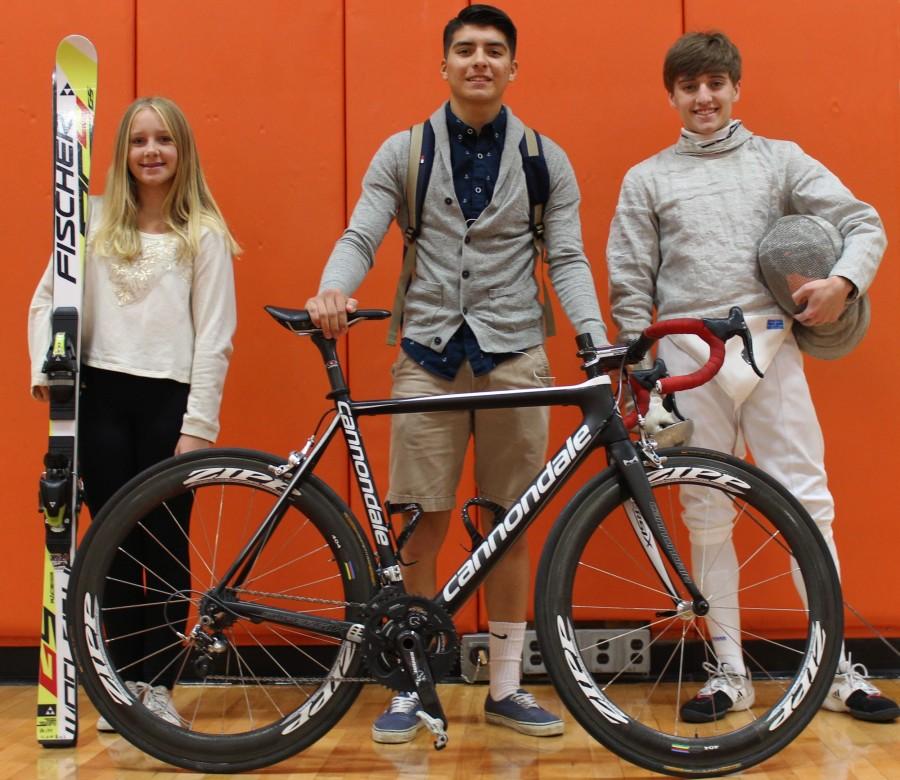
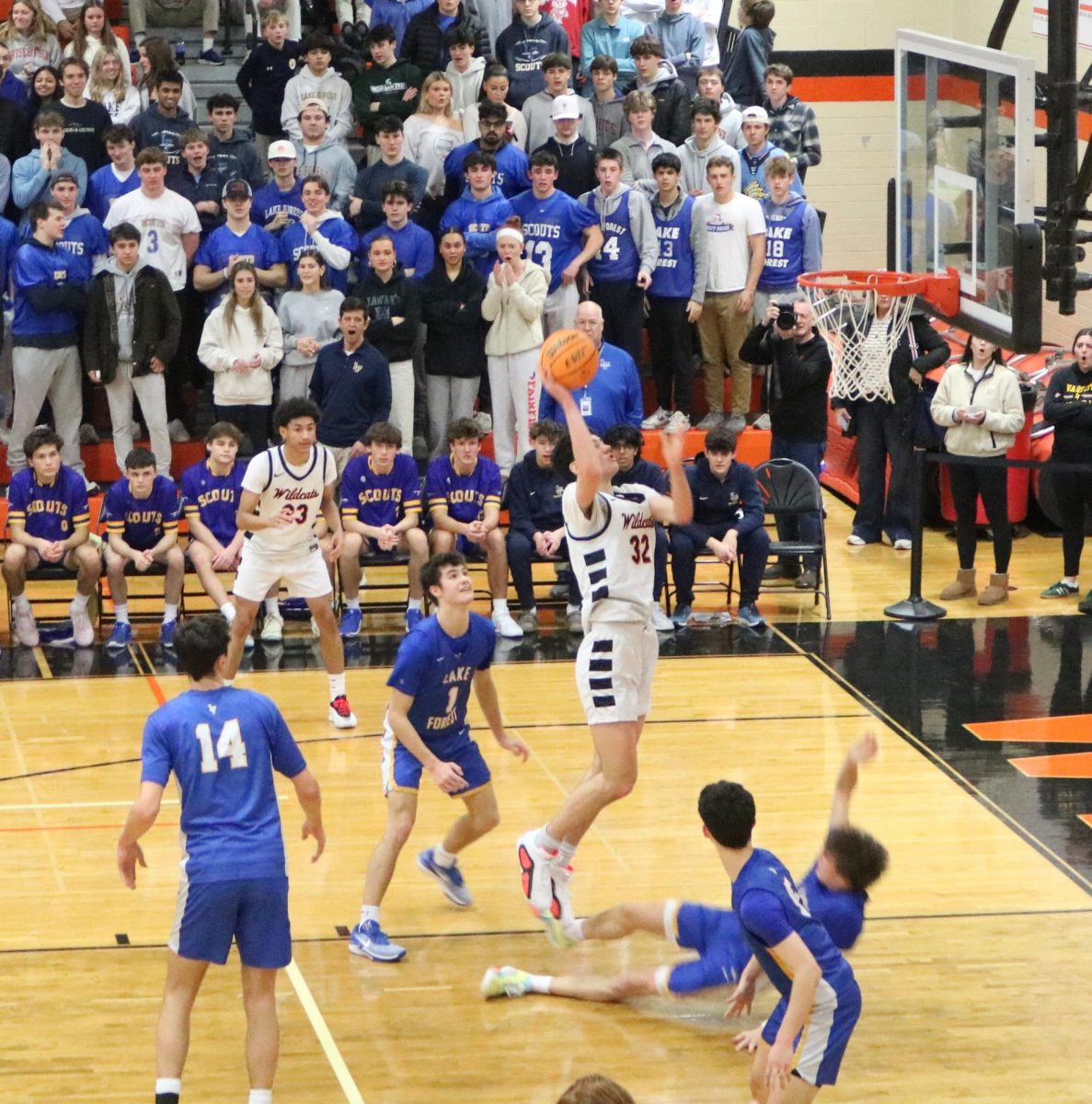
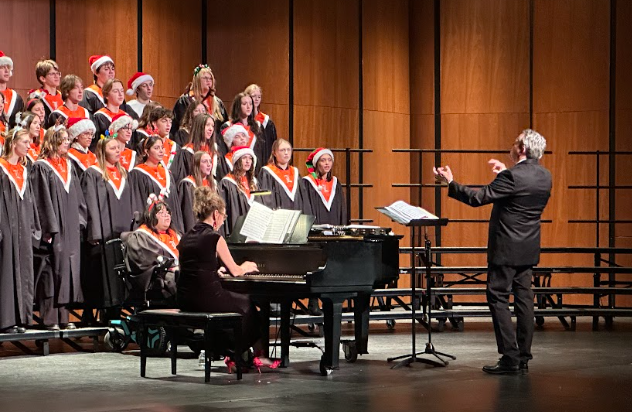

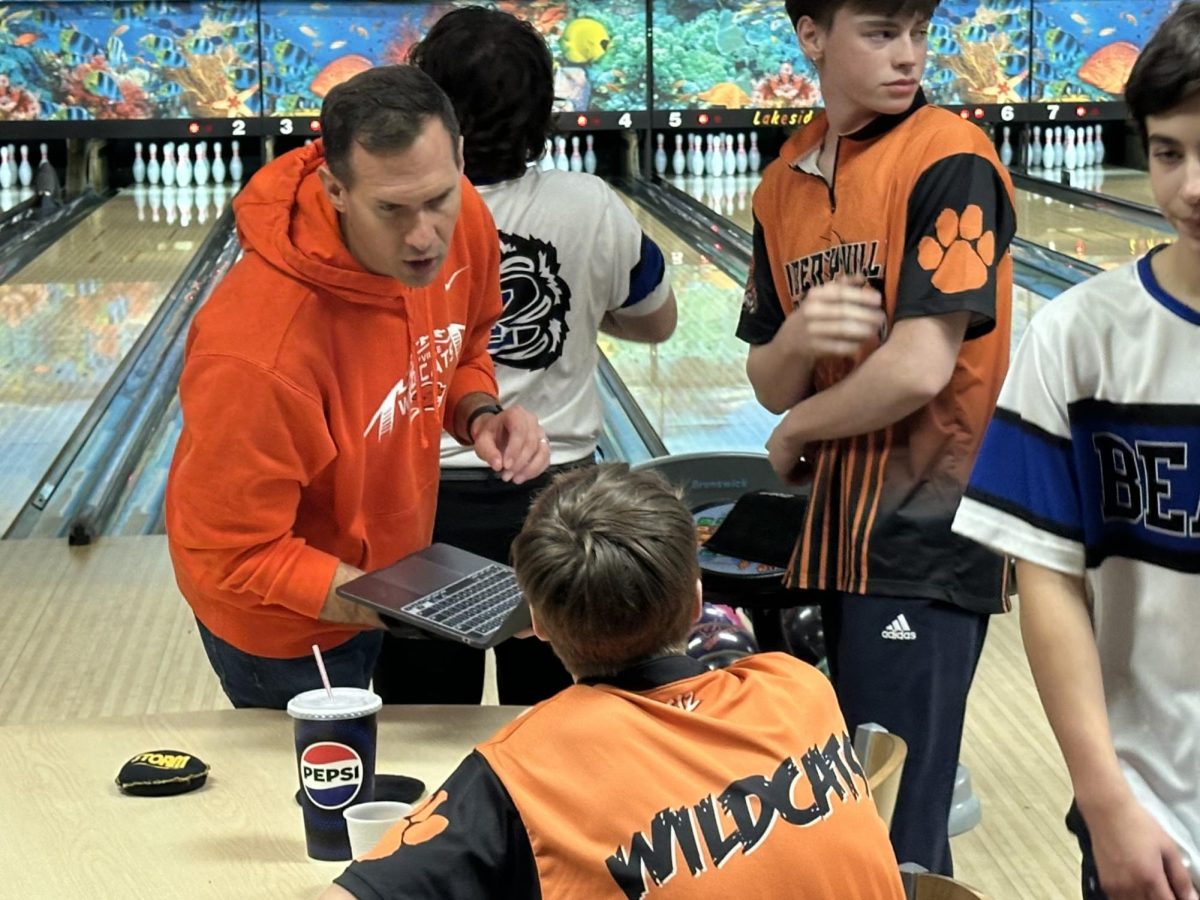
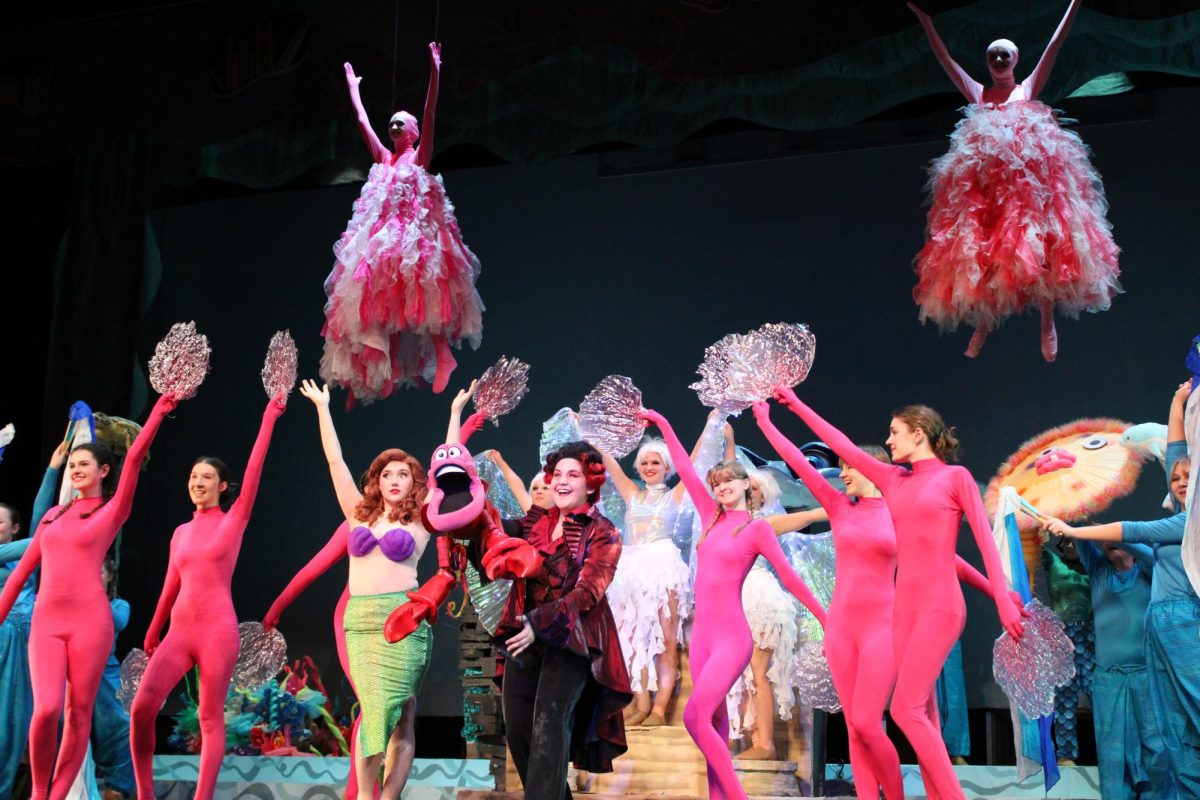
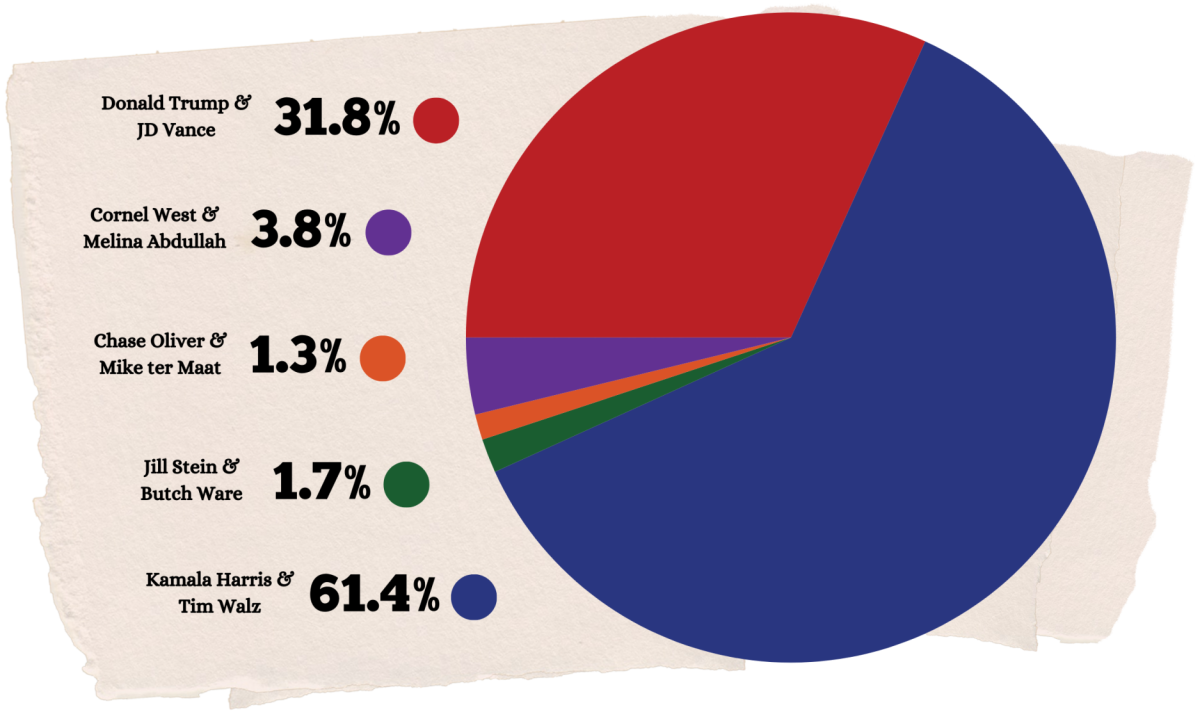

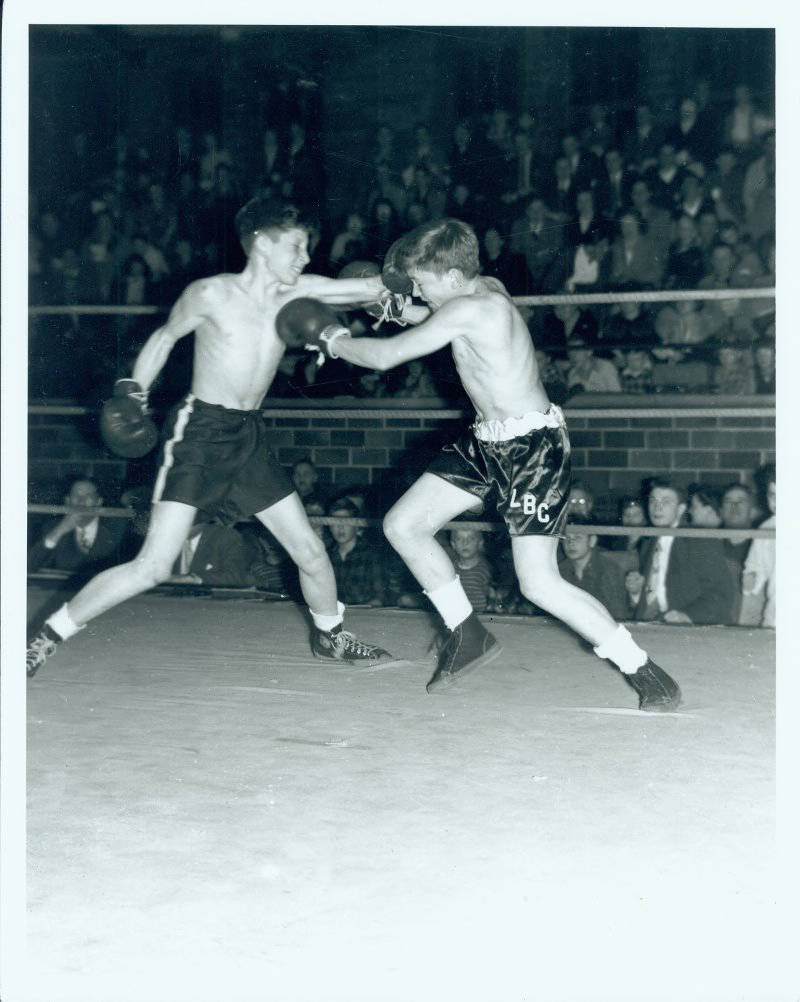
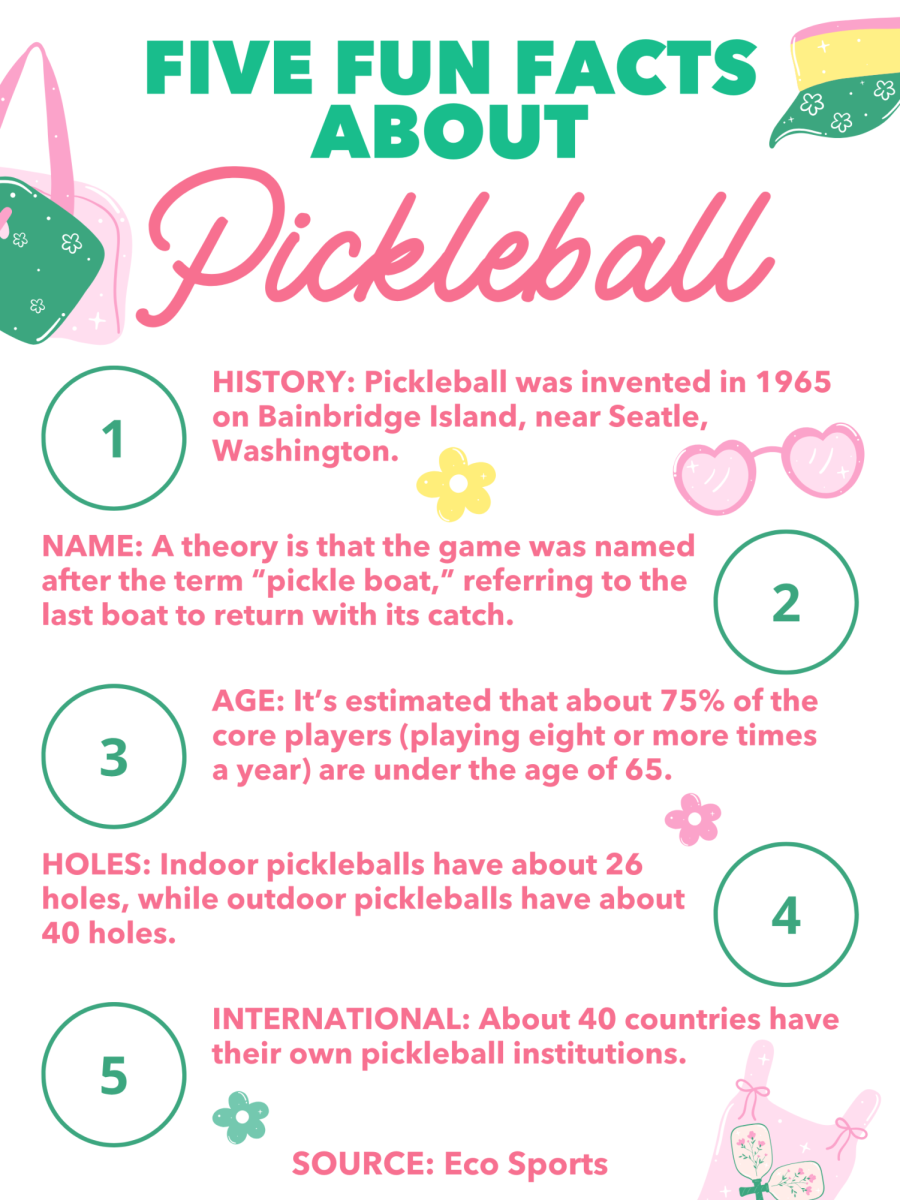
![Senior Liam Hanson (1) is escorted by his parents before the game to celebrate senior night. He will miss “hanging out with [his] boys and going out to eat after games and practices.”](https://www.lhsdoi.com/wp-content/uploads/2025/02/IMG_1389-1200x800.jpg)

Jose Merced Parra • Oct 26, 2015 at 6:23 pm
Dante, te felicito y pido a DNS te lleve a las alturas que anhelas. Tu eres mi campeón y tqm.